Home / opinion / India’s Groundbreaking Strategy to Defeat Tuberculosis: A Game Changer in Global Health
India’s Groundbreaking Strategy to Defeat Tuberculosis: A Game Changer in Global Health
By: My India Times
4 minutes read 1Updated At: 2024-12-07
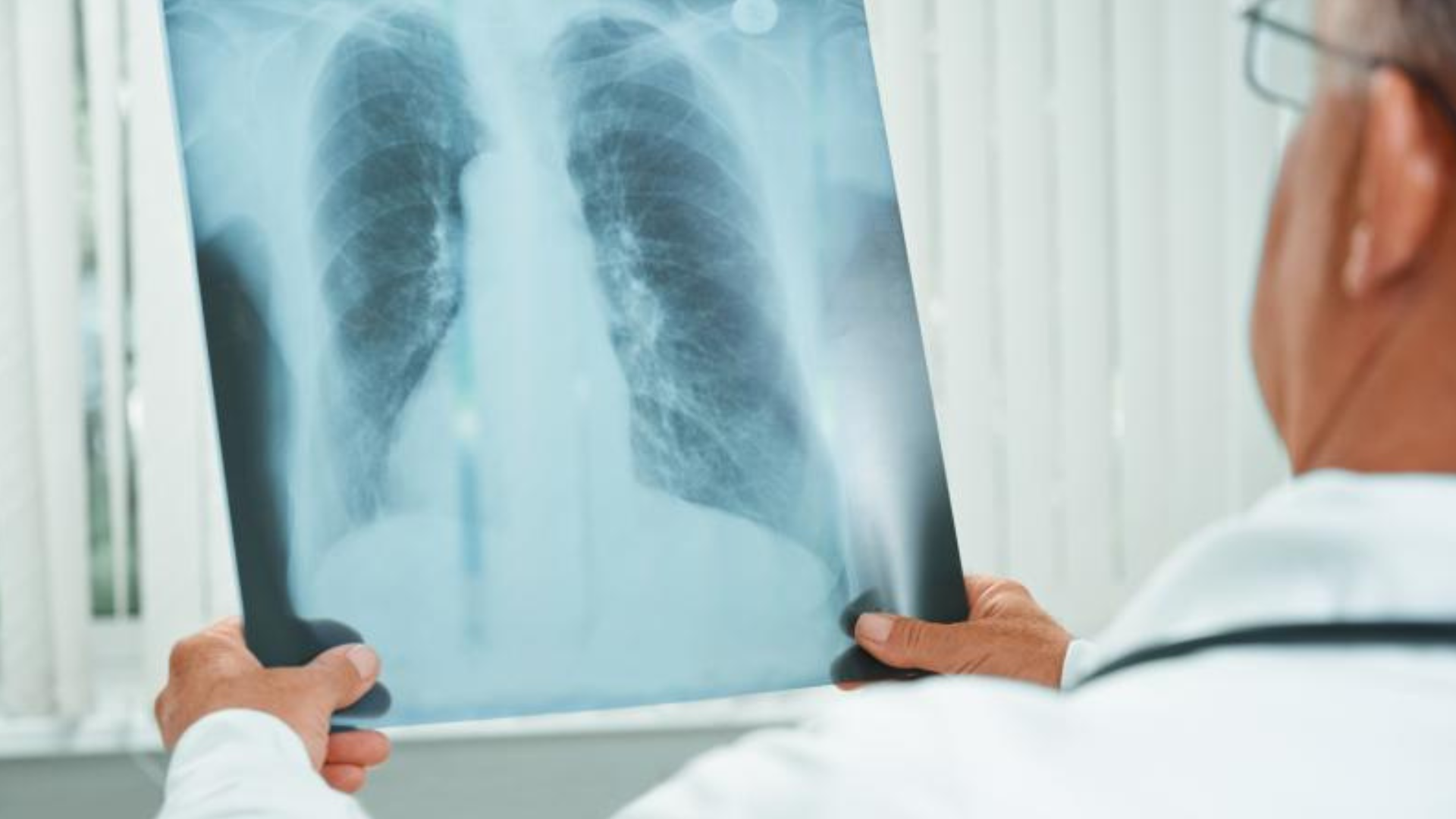
India is embarking on an ambitious mission to eliminate tuberculosis (TB), a disease that continues to affect millions globally. The country’s approach to fighting TB is groundbreaking, combining innovation, accessibility, and community-driven action. Under Prime Minister Narendra Modi’s leadership, India has not only made significant progress but has positioned itself as a global leader in the fight against TB, setting an example for other nations to follow.
Transforming TB Care in India: A Success Story in Progress
India’s efforts to combat TB have seen remarkable results. Between 2015 and 2023, the country achieved a 17.7% reduction in TB incidence, which is double the global decline rate reported by the World Health Organization (WHO). In 2023 alone, India diagnosed 25.1 lakh TB cases, raising the treatment coverage from 59% in 2015 to an impressive 85% in 2023. These statistics highlight the effectiveness of India’s strategies in addressing one of the world’s most persistent public health challenges.
The 100-Day Campaign: A Bold New Initiative
Building on this progress, India is launching a new 100-day campaign on December 7, focusing on 347 high-burden TB districts across the country. This campaign aims to accelerate TB diagnosis, enhance early intervention, and ensure that every TB patient receives timely and high-quality treatment. The significance of this campaign lies in its collective approach — it engages elected leaders, healthcare professionals, civil society, and local communities, all working together towards the shared goal of a TB-free India.
The campaign is not just about medical treatment; it’s about creating a national movement of collaboration and awareness that will mobilize all sectors of society to make TB elimination a reality. India’s success will depend on this collective spirit, which is at the heart of every initiative undertaken.
Nikshay Poshan Yojana: Providing Nutritional Support for TB Patients
One of India’s most impactful initiatives in the fight against TB is the Nikshay Poshan Yojana (NPY). Launched in 2018, NPY provides essential nutritional support to TB patients to help them recover faster and more effectively. To date, the government has disbursed over Rs 3,295 crore through direct benefit transfers, helping 1.16 crore beneficiaries.
In November 2024, India is taking an even bolder step by doubling the monthly financial support under NPY from Rs 500 to Rs 1,000. This increased support will ensure that more patients receive the nutrition they need, especially in underserved and rural areas. The nutritional component of TB treatment is crucial because it strengthens the immune system and supports faster recovery, making it an integral part of India’s comprehensive TB care model.
The Role of Community in TB Elimination: Pradhan Mantri TB Mukt Bharat Abhiyaan
The Pradhan Mantri TB Mukt Bharat Abhiyaan (PMTBMBA), a nationwide movement, has been instrumental in mobilizing communities across India to join the fight against TB. Through this initiative, the government has built a robust network of volunteers called Nikshay Mitras. These 1.75 lakh volunteers have been pivotal in distributing over 21 lakh food baskets to TB patients, providing much-needed support during their treatment.
But PMTBMBA isn’t just about food. It addresses the psychological, vocational, and emotional needs of TB patients, creating a comprehensive support system that empowers patients to overcome the stigma often associated with the disease. The movement fosters a sense of solidarity, turning TB care into a community-driven mission, and ensuring that patients feel supported on all fronts.
Revolutionizing TB Treatment: New Drugs and Regimens
India is also leading the way in improving treatment options for TB patients. The introduction of new drugs like Bedaquiline and Delamanid has significantly improved the treatment outcomes for drug-resistant TB patients, making it easier to treat even the toughest cases. But perhaps the most exciting development is the BPaLM regimen, a breakthrough in drug-resistant TB treatment. This regimen offers a six-month course of treatment, which is a dramatic improvement over the traditional 19–20-month treatment cycle, significantly reducing the burden on patients.
By reducing the duration of treatment and improving the effectiveness of the drugs, India is not only improving recovery rates but also ensuring that fewer patients drop out of treatment, which has been a major challenge in TB management globally.
The Future of TB Diagnosis: From Innovation to Accessibility
India is making significant strides in diagnostic technology as well. In 2014, there were only a few hundred molecular diagnostic machines in the country; today, India boasts over 8,000 such machines, ensuring that every district has access to accurate, rapid diagnostic tools. This expansion in diagnostic capacity is critical in identifying TB cases early, especially in remote and underserved areas.
Furthermore, India has pioneered the development of indigenous molecular tests that are faster, more accurate, and cost-effective than international counterparts. This innovation has not only reduced the cost of TB diagnosis but has made it more accessible to patients in rural and hard-to-reach areas, ensuring that no one is left behind in the fight against TB.
A Global Model for TB Elimination
India’s approach to TB elimination goes beyond medical advancements; it is about creating an ecosystem of care that is accessible, inclusive, and community-driven. By combining state-of-the-art technology with public participation, India is not only ensuring that its own citizens are free from TB but is also setting a new benchmark for global TB elimination efforts.
The country’s commitment to eliminating TB by 2025 is a vision that is quickly becoming a reality, thanks to the combined efforts of the government, medical professionals, community members, and volunteers. India’s TB-free future is no longer a distant dream; it is happening now, with innovative solutions, collaborative efforts, and a strong commitment to public health.
....India is embarking on an ambitious mission to eliminate tuberculosis (TB), a disease that continues to affect millions globally. The country’s approach to fighting TB is groundbreaking, combining innovation, accessibility, and community-driven action. Under Prime Minister Narendra Modi’s leadership, India has not only made significant progress but has positioned itself as a global leader in the fight against TB, setting an example for other nations to follow.
Transforming TB Care in India: A Success Story in Progress
India’s efforts to combat TB have seen remarkable results. Between 2015 and 2023, the country achieved a 17.7% reduction in TB incidence, which is double the global decline rate reported by the World Health Organization (WHO). In 2023 alone, India diagnosed 25.1 lakh TB cases, raising the treatment coverage from 59% in 2015 to an impressive 85% in 2023. These statistics highlight the effectiveness of India’s strategies in addressing one of the world’s most persistent public health challenges.
The 100-Day Campaign: A Bold New Initiative
Building on this progress, India is launching a new 100-day campaign on December 7, focusing on 347 high-burden TB districts across the country. This campaign aims to accelerate TB diagnosis, enhance early intervention, and ensure that every TB patient receives timely and high-quality treatment. The significance of this campaign lies in its collective approach — it engages elected leaders, healthcare professionals, civil society, and local communities, all working together towards the shared goal of a TB-free India.
The campaign is not just about medical treatment; it’s about creating a national movement of collaboration and awareness that will mobilize all sectors of society to make TB elimination a reality. India’s success will depend on this collective spirit, which is at the heart of every initiative undertaken.
Nikshay Poshan Yojana: Providing Nutritional Support for TB Patients
One of India’s most impactful initiatives in the fight against TB is the Nikshay Poshan Yojana (NPY). Launched in 2018, NPY provides essential nutritional support to TB patients to help them recover faster and more effectively. To date, the government has disbursed over Rs 3,295 crore through direct benefit transfers, helping 1.16 crore beneficiaries.
In November 2024, India is taking an even bolder step by doubling the monthly financial support under NPY from Rs 500 to Rs 1,000. This increased support will ensure that more patients receive the nutrition they need, especially in underserved and rural areas. The nutritional component of TB treatment is crucial because it strengthens the immune system and supports faster recovery, making it an integral part of India’s comprehensive TB care model.
The Role of Community in TB Elimination: Pradhan Mantri TB Mukt Bharat Abhiyaan
The Pradhan Mantri TB Mukt Bharat Abhiyaan (PMTBMBA), a nationwide movement, has been instrumental in mobilizing communities across India to join the fight against TB. Through this initiative, the government has built a robust network of volunteers called Nikshay Mitras. These 1.75 lakh volunteers have been pivotal in distributing over 21 lakh food baskets to TB patients, providing much-needed support during their treatment.
But PMTBMBA isn’t just about food. It addresses the psychological, vocational, and emotional needs of TB patients, creating a comprehensive support system that empowers patients to overcome the stigma often associated with the disease. The movement fosters a sense of solidarity, turning TB care into a community-driven mission, and ensuring that patients feel supported on all fronts.
Revolutionizing TB Treatment: New Drugs and Regimens
India is also leading the way in improving treatment options for TB patients. The introduction of new drugs like Bedaquiline and Delamanid has significantly improved the treatment outcomes for drug-resistant TB patients, making it easier to treat even the toughest cases. But perhaps the most exciting development is the BPaLM regimen, a breakthrough in drug-resistant TB treatment. This regimen offers a six-month course of treatment, which is a dramatic improvement over the traditional 19–20-month treatment cycle, significantly reducing the burden on patients.
By reducing the duration of treatment and improving the effectiveness of the drugs, India is not only improving recovery rates but also ensuring that fewer patients drop out of treatment, which has been a major challenge in TB management globally.
The Future of TB Diagnosis: From Innovation to Accessibility
India is making significant strides in diagnostic technology as well. In 2014, there were only a few hundred molecular diagnostic machines in the country; today, India boasts over 8,000 such machines, ensuring that every district has access to accurate, rapid diagnostic tools. This expansion in diagnostic capacity is critical in identifying TB cases early, especially in remote and underserved areas.
Furthermore, India has pioneered the development of indigenous molecular tests that are faster, more accurate, and cost-effective than international counterparts. This innovation has not only reduced the cost of TB diagnosis but has made it more accessible to patients in rural and hard-to-reach areas, ensuring that no one is left behind in the fight against TB.
A Global Model for TB Elimination
India’s approach to TB elimination goes beyond medical advancements; it is about creating an ecosystem of care that is accessible, inclusive, and community-driven. By combining state-of-the-art technology with public participation, India is not only ensuring that its own citizens are free from TB but is also setting a new benchmark for global TB elimination efforts.
The country’s commitment to eliminating TB by 2025 is a vision that is quickly becoming a reality, thanks to the combined efforts of the government, medical professionals, community members, and volunteers. India’s TB-free future is no longer a distant dream; it is happening now, with innovative solutions, collaborative efforts, and a strong commitment to public health.
By: My India Times
Updated At: 2024-12-07
Tags: opinion News | My India Times News | Trending News | Travel News
Join our WhatsApp Channel


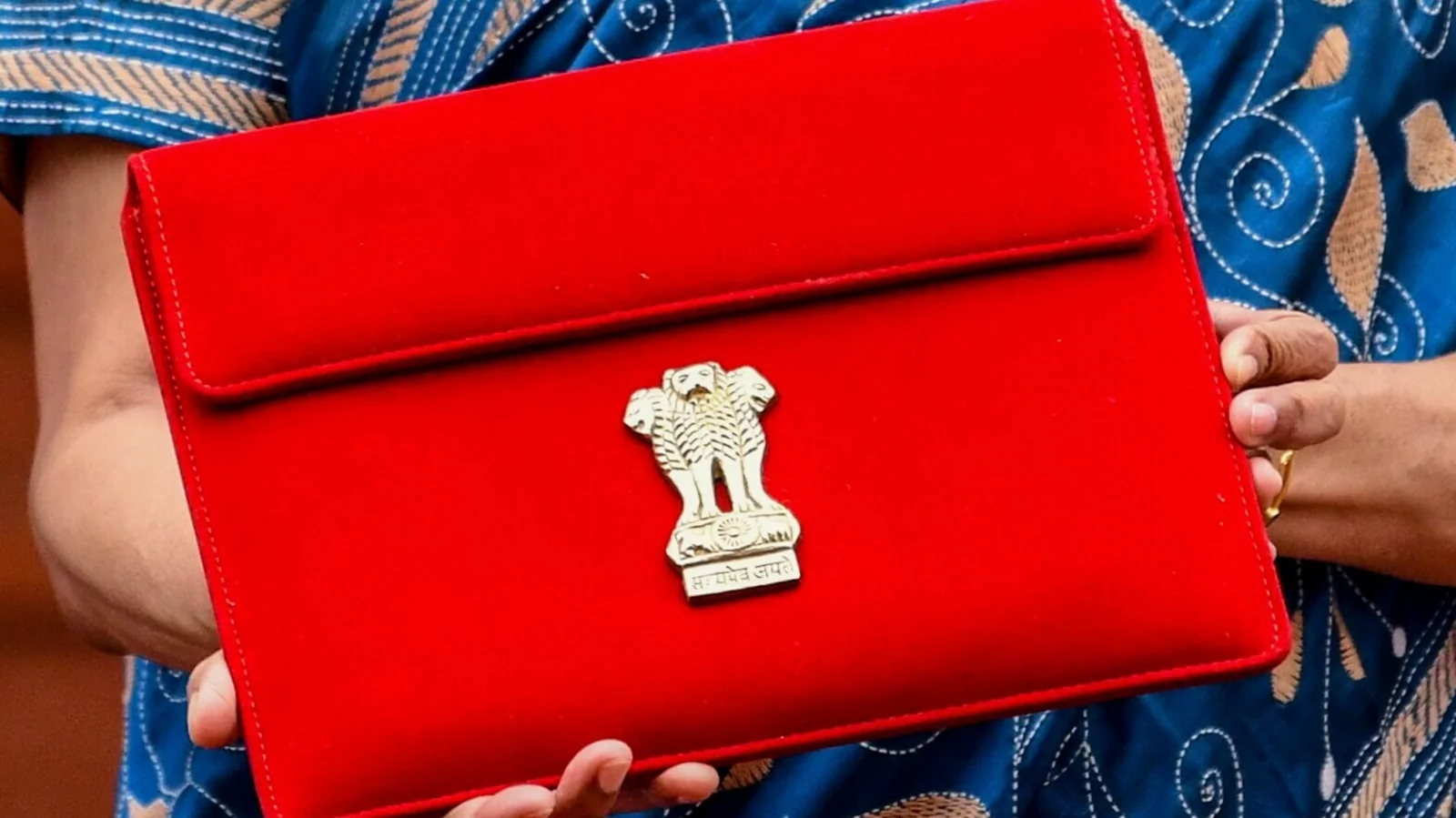
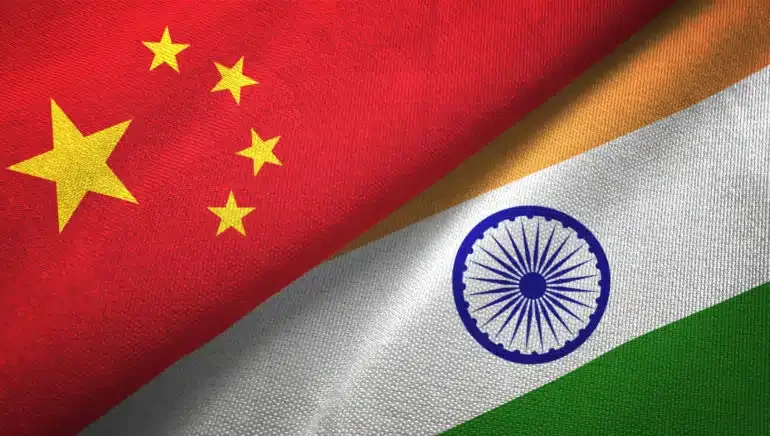




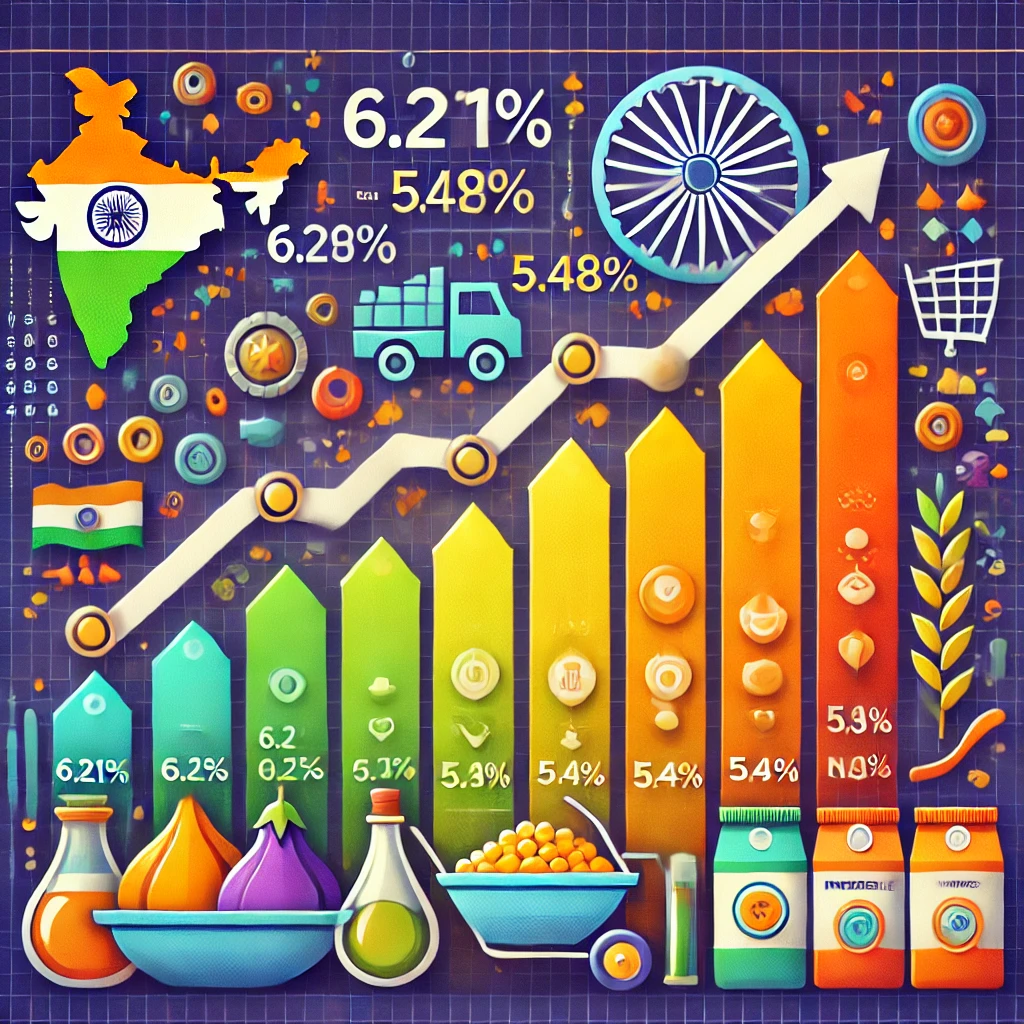
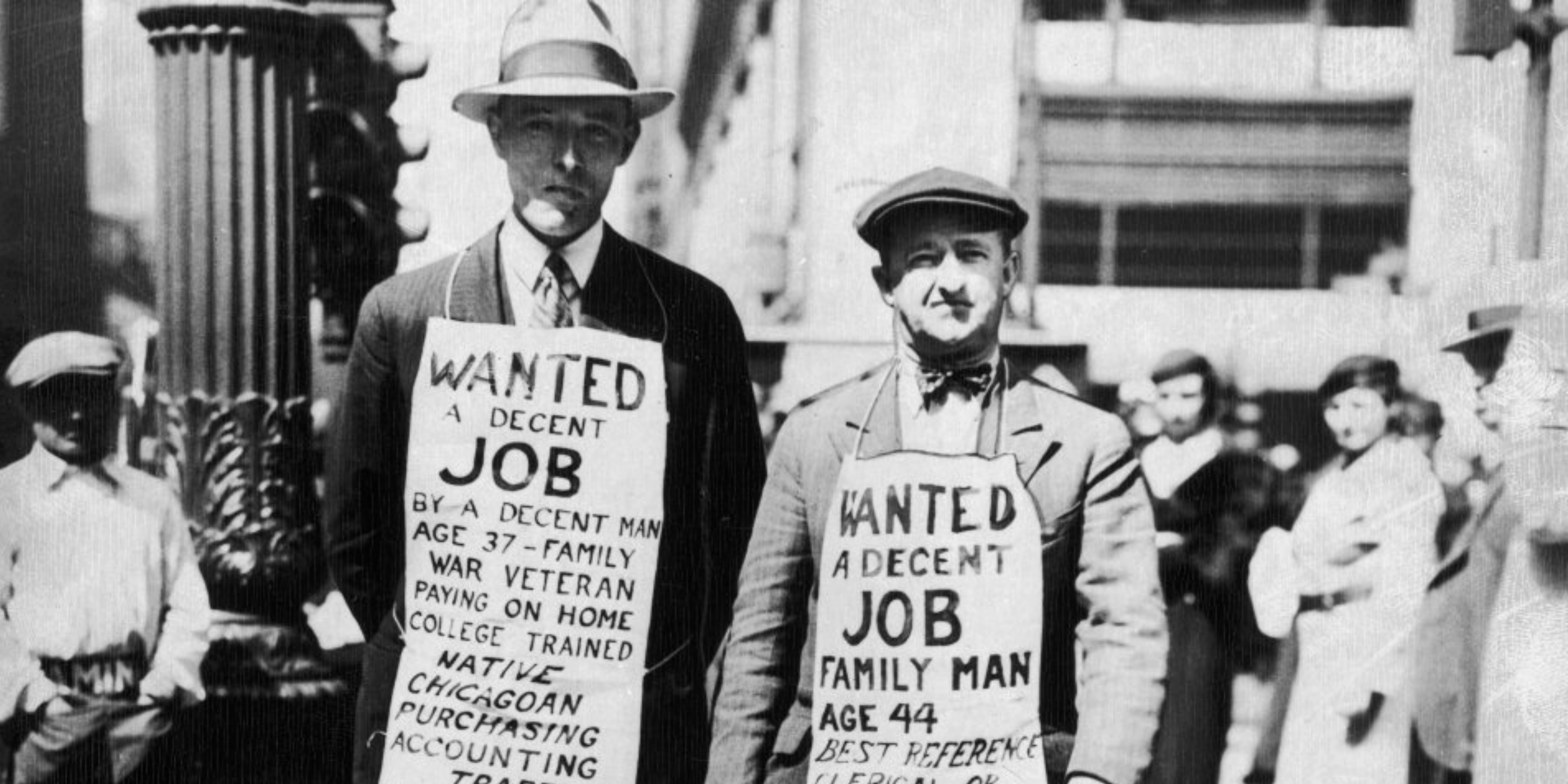





















































.png)
 (1).png)























